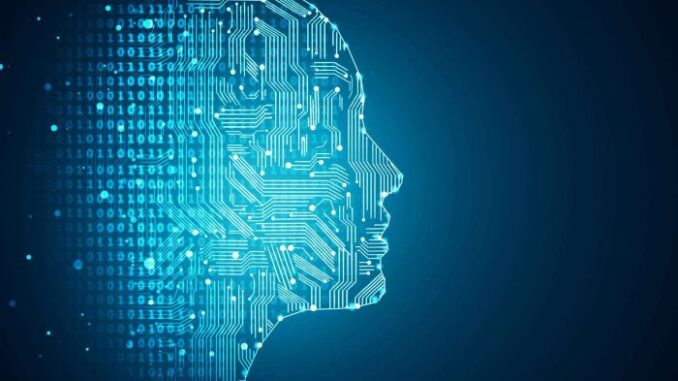
The ethical considerations surrounding artificial intelligence (AI) are complex and multifaceted, given AI’s potential impact on society, individuals, and various sectors. Here are some key ethical considerations:
### 1. **Bias and Fairness**- **Algorithmic Bias**: AI systems can inherit biases present in the data they’re trained on, which can lead to unfair treatment of certain groups.








– **Equity**: Ensuring that AI technologies do not perpetuate or exacerbate existing inequalities is crucial.
### 2. **Transparency and Explainability**
– **Interpretability**: Stakeholders should have a clear understanding of how AI systems make decisions, particularly in high-stakes situations (e.g., healthcare, criminal justice).
– **Accountability**: There should be mechanisms for accountability, especially when AI systems fail or cause harm.
### 3. **Privacy and Data Protection**
– **Data Usage**: AI systems often rely on large amounts of personal data, raising concerns about consent, data ownership, and surveillance.
– **Security**: Protecting data against breaches and unauthorized access is critical to maintain user trust and confidentiality.
### 4. **Autonomy and Control**
– **Human Oversight**: Maintaining a balance between human oversight and automated decision-making is vital to prevent the loss of human agency.
– **Manipulation**: AI systems, particularly in areas like social media, can manipulate user behavior and opinions, raising concerns about autonomy.
### 5. **Safety and Security**
– **Robustness**: AI systems should be resilient against attacks and failures, particularly in critical applications like autonomous vehicles or healthcare.
– **Unintended Consequences**: It’s important to consider potential unintended consequences of deploying AI systems in real-world scenarios.
### 6. **Impact on Employment**
– **Job Displacement**: The automation of tasks may lead to job loss in certain sectors, necessitating discussions on retraining and transitioning workers.
– **Workplace Dynamics**: The introduction of AI in the workplace can change teamwork and labor dynamics, impacting job satisfaction and roles.
### 7. **Societal Impact**
– **Influence on Society**: AI technologies can shape societal norms and behaviors, which raises questions about their societal implications and ethical use.
– **Digital Divide**: Ensuring equitable access to AI technology can help bridge gaps and prevent further societal divides.
### 8. **Regulation and Governance**
– **Policy Frameworks**: The rapid development of AI technologies necessitates comprehensive regulatory frameworks to ensure ethical standards are met.
– **Collaboration**: Stakeholders, including policymakers, technologists, and ethicists, should collaborate to guide responsible AI development and deployment.
### 9. **Human Rights**
– **Rights Protection**: AI should be developed in a manner that respects and promotes human rights, including freedom of expression, privacy, and equality.
– **Impact on Vulnerable Populations**: Consideration should be given to how AI affects marginalized or vulnerable communities.
### 10. **Sustainability**
– **Environmental Considerations**: The environmental impact of training and deploying AI models should be considered, particularly in terms of energy consumption and resource use.
### Conclusion
Addressing these ethical considerations requires a collaborative effort among technologists, ethicists, policymakers, and society at large. It is essential to create responsible AI systems that contribute positively to society and mitigate risks associated with their deployment. Engaging in continuous dialogue about the implications of AI will help ensure that as the technology evolves, the ethical standards keep pace accordingly.

Leave a Reply